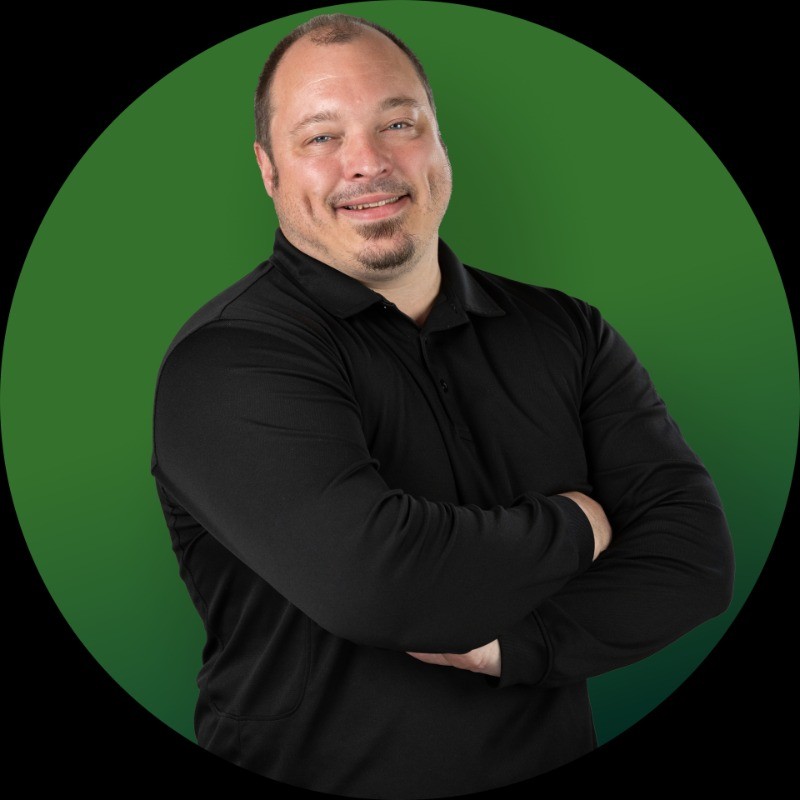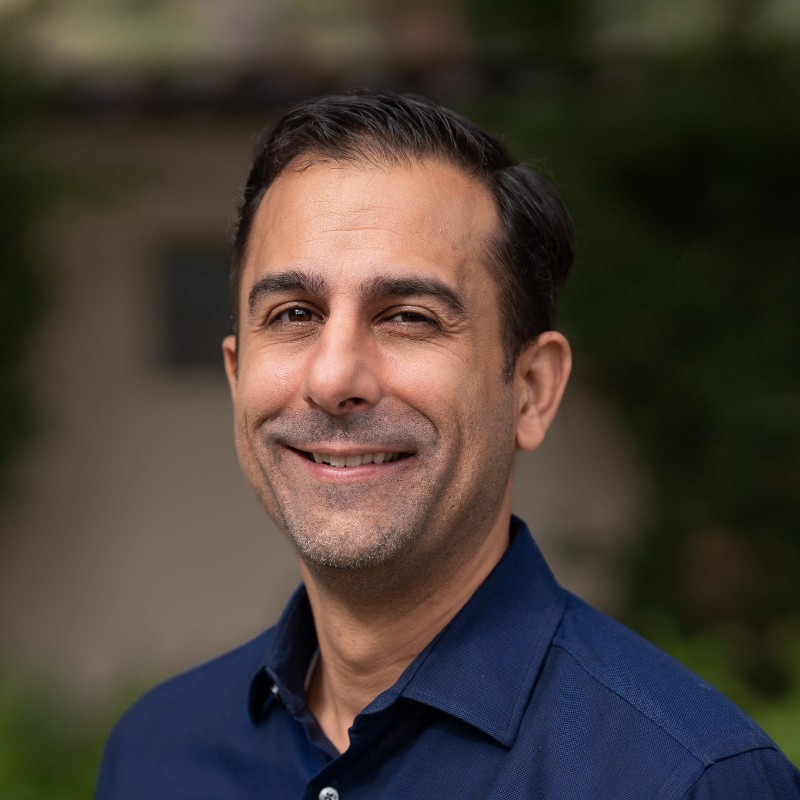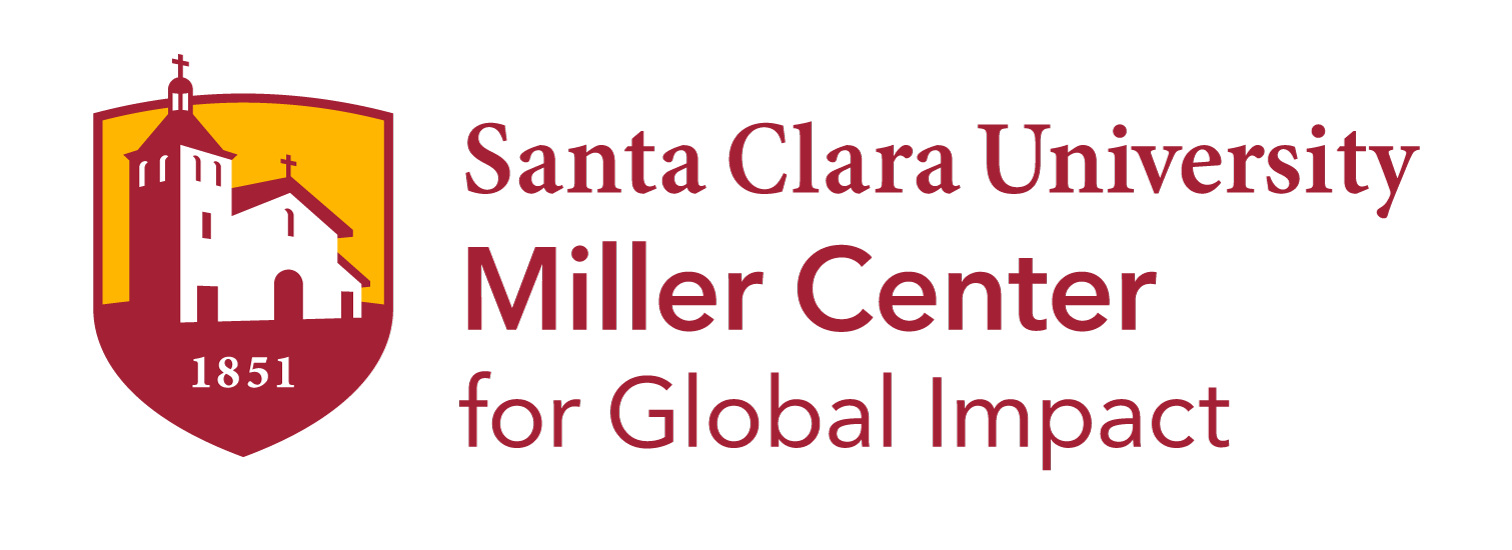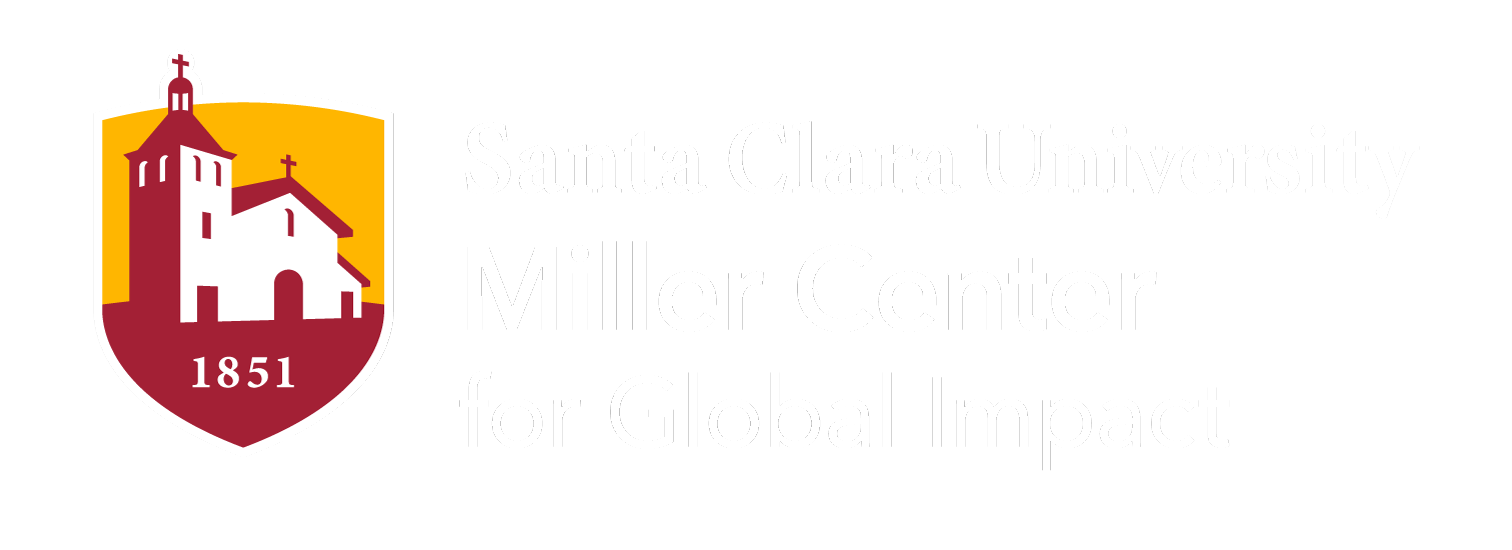Q & A with Bayer Foundation and Miller Center for Global Impact
In this edition of Miller Center’s Sponsor Spotlight series, we’re featuring Stefan Wilhelm, Associate Director of Social Impact at Bayer Foundation, and Mick Greco, Director of Institutional Giving at Miller Center for Global Impact and Santa Clara University (SCU). Through a two-year grant, Bayer Foundation and Miller Center have partnered to support social enterprises across the Global South that are advancing innovative solutions in health and nutrition, women’s economic power, and climate resilience. Now, at the close of the first year, eight Bayer-supported enterprises have completed Miller Center’s Accelerator, receiving six months of tailored mentorship and customized curriculum. Most have also participated in our In-Residence program, gaining access to peer learning, pitch sessions, and funder engagement at SOCAP. Two enterprises have been approved for co-investment from Bayer Foundation and Miller Center Capital, with a third currently in due diligence. The grant also supports collaboration between the Social Impact Start-up Academy (SISTAC), Bayer Foundation, and Santa Clara University to research student use of AI in support of social entrepreneurship.
We spoke with Stefan and Mick to reflect on the first year of this collaboration—what’s been achieved, what’s been learned, and how it builds on Miller Center’s long-standing commitment to supporting social enterprises. They also shared their vision for the year ahead and the shared priorities shaping the next phase of this impactful partnership.
Miller Center for Global Impact: What motivated Bayer Foundation to collaborate with Miller Center on the Initiative “Advancing Social Innovation Solutions in the Global South?”

Stefan Wilhelm / Bayer Foundation: There’s the strategic relevance of this collaboration to Bayer Foundation’s core focus areas—specifically SDGs 2, 3, 5, and 17. We’re committed to contributing to Bayer’s broader sustainability goals, which are especially critical at a time when official development assistance budgets are shrinking and the global geopolitical landscape is shifting dramatically. Communities in the Global South, who contribute the least to climate change, are among the hardest hit by both its impacts and reductions in aid. Bridging this gap requires mobilizing resources along the full continuum of capital, from grants to impact investments. This only works through honest, collaborative partnerships among donors, philanthropic actors, and investors, all working toward scalable, replicable, and ultimately self-sustaining social innovation models. And women are central to this—both as entrepreneurs and as role model changemakers who uplift entire communities.
Here are some basic statistics: women receive only 2% of available venture capital funding, yet they generate, on average, 35% higher returns than their male counterparts. By the numbers, they are better entrepreneurs. In my view, this gap stems largely from the prevailing image of the entrepreneur as a male “hero figure”—someone projecting hockey-stick growth on a PowerPoint slide and attracting investment from people who look like him. While these numbers come from the U.S., I believe the situation is even more challenging in low- and middle-income countries (LMICs), especially when you factor in added risks like currency fluctuations and political instability. Our experience shows that women-led or equitably-led organizations tend to foster more collaborative and inclusive environments, creating conditions that lead to stronger outcomes for all stakeholders, especially the communities we aim to serve.
What experience and approach does Miller Center bring to this partnership, and how has that contributed to its success so far?

Mick Greco / Miller Center: Miller Center has helped this initiative thrive by focusing on what matters most: strengthening high-potential women-led social enterprises and helping them advance toward investment and greater impact. By providing a continuum of support that extends from acceleration to investment, our intention is to accompany entrepreneurs throughout their impact journey, create meaningful connections, and cultivate a community of impact entrepreneurs moving the needle on the most complex challenges around the globe.
Looking back at the first year, what do you consider the most significant achievement of this initiative so far?
Stefan: What strikes me most about the first 12 months of our collaboration is how much alignment there is between our respective missions and strategies. One result of this is demonstrated by Muzalema Mwanza, Founder and CEO of Safe Motherhood Alliance, being selected as an Echoing Green Fellow as well as being nominated as one of the 25 “Social Entrepreneurs of the Year” by the Schwab Foundation earlier this year. This clearly shows that both of our organizations have a good eye for growth models that have systems-level impact potential. Also, I am personally very pleased with the way that the integration of our Start-up Academy (SISTAC) is being managed by our respective teams. There is the right amount of scrutiny paired with the necessary flexibility to make things work well for all stakeholders involved. There are lots of great things to come!
Mick: For me, one of the most significant achievements of the first year has been the selection of seven of our portfolio entrepreneurs for Miller Center’s highly competitive In-Residence program — a clear indicator that the partnership’s approach to identifying and supporting high-potential enterprises is effective. These entrepreneurs represent some of our portfolio’s most impactful and promising solutions, and their participation reflects meaningful progress in building capacity for investment readiness and long-term impact.
You mentioned investment readiness. How does Miller Center help social enterprises become more investment-ready, and why is that focus critical?
Mick: We’ve found that investment readiness is not just about refining a business plan or financial model—it’s about building confidence, clarity, and connections. Miller Center’s programs help enterprises achieve this through deep, sustained engagement from our mentors, who work alongside entrepreneurs to strengthen their investment readiness in ways that respond to their unique, lived experiences. Equally important, Miller Center is committed to supporting an entrepreneur community that builds resilience and reaffirms purpose, which are essential for the hard work of scaling critically needed solutions in increasingly challenging environments.
As you look ahead, what are your top priorities for the second year of this initiative, and what impact do you hope to achieve?
Stefan: First, we need to make sure that the rubber hits the road, meaning that there is alignment and integration of our programs and pipelines, as outlined in our joint plan. Second, I am very excited to confirm that Dr. Chitkala Kalidas, our Executive Director, will be attending the In-Residence program at SCU in the fall, together with our Chairman of the Board of Trustees, Prof. Dr. André Habisch. I am convinced that their participation will propel our continued collaboration forward even further. Also, we are all very happy that we will be jointly attending the Latimpacto Conference in Medellín, Colombia, as well as the AVPN conference in Hong Kong later this year. So lots of great stuff is coming our way. Let’s move it forward together!


